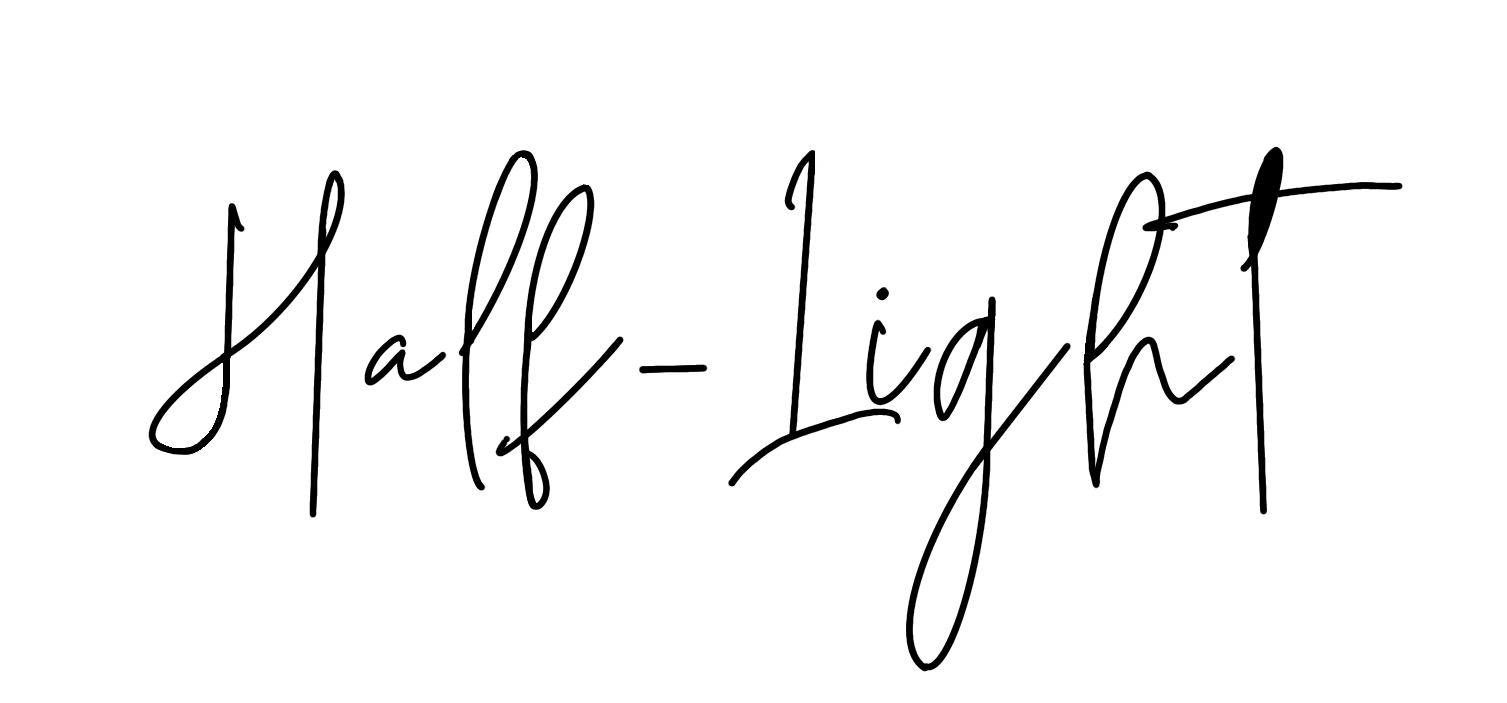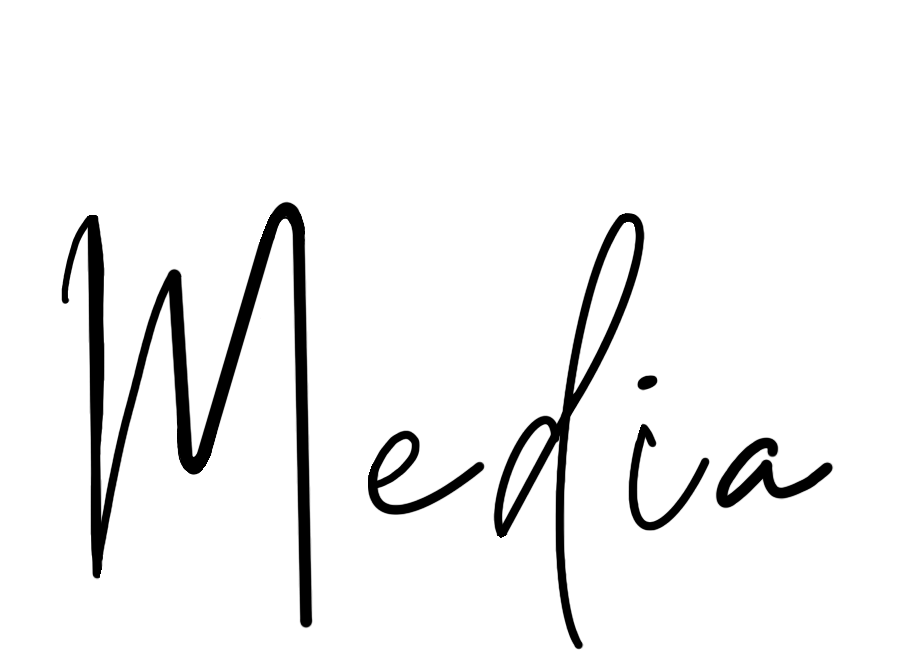What Does it Mean to Free Britney?
A deeper look at Britney Spears’ cultural relevance and global influence

By Haniya Khalid | September 23, 2023
Everyone’s experience with Britney Spears is personal, whether they realize it or not. Mine started early: age 8 at a CD store in suburban Lahore. Britney had just released her debut album and I had been watching the …Baby One More Time video on repeat, mesmerized by her sparkly eyelids, Barbie-pink streetwear, back handsprings, and endless, dizzying spins. I needed to own that album and for only Rs. 280, it was mine: the holographic disc encased in hard plastic that was further wrapped in shiny cellophane. It was probably pirated, though piracy was not a concept that existed to me yet — all that existed was the distance between myself and Britney Spears, the wonderful, free, fantastical, American world she existed in, and in contrast, the unexciting corners of pin-drop-silent drawing rooms I existed in. I couldn’t imagine I would ever serenade a floppy-haired boy from a parked BMW convertible, but I could watch vicariously as Britney effortlessly did, over-enunciating her words without smudging her coppery lip gloss. I held on tightly to the CD during the ride back home, unaware of how my life would be impacted in barely noticeable increments. I was ready to enjoy the thousands of shows Britney would perform, trapped under layers of plastic for my convenience.
…Baby One More Time was released in early 1999, an unforgettable, chart-topping debut album that went on to win a slew of accolades. The late 90s charts were dominated by artists like TLC, Blink-192, and Mariah Carey as well as seemingly one-hit wonders like Eagle-Eye Cherry and Sixpence None the Richer. The same year, Eminem released The Slim Shady LP, kicking off an angsty, engaging era of music distinguished by its satire and a heightened sense of self-awareness. Britney was compared to artists like Madonna and Cindy Lauper, but she didn’t fit any pre-existing pop star mold – like most memorable artists, she created it.
She danced with a mix of technical expertise and pure, unadulterated joy. She sang with a deep, strong voice which evolved into a breathy, sexy-baby voice reminiscent of Marilyn Monroe. She loved slogan tees and frappuccinos with whipped cream. She openly professed her love for noodle-haired Justin Timberlake. She spoke with a southern lilt and a kind smile. The world was duly transfixed.
In the early 2000s, Harry Elfont and Deborah Kaplan co-wrote the screenplay for Josie & The Pussycats, a pre-teen film disguising a clever, biting social commentary about the complexly layered, capitalist nature of the music industry. The film has since gained a cult following, but if you watch closely, you’ll notice a fearful undercurrent of warning. Under the campy performances and (amazing) catchy songs performed by Letters to Cleo, the film depicts just how controlling and dangerous the industry can be, especially when there are young women to exploit for commercial gain.
With Britney, there is no arguing that there was commercial gain everywhere — in multi-million-dollar Pepsi deals, world tours, perfume lines, and various brand endorsements. In a blink of an eye, Britney became a name synonymous with pop music, her presence ubiquitous, her image unshakeable.
In high school I LimeWired rock or rock-adjacent songs on a beloved neon green iPod mini. My tiny collection included Linkin Park, The Strokes and The Pixies, but deep down I wasn’t interested in the Fight Club soundtrack and its depressing motifs, or the existential questions it raised but never satisfactorily answered. In the comfort of my private afternoons, I preferred to get lost in a happy, carefully choreographed music video, stage lights reflecting off bronzed, pierced navels and razor-sharp eyebrow-highlight — years before I knew what eyebrow-highlight was.
By her third, self-titled album, Britney had involuntarily cemented herself as a funhouse mirror for the male and female gaze, reflecting to us our innermost desires, a Rorschachian symbol we could interpret to our fancy. The expectation to be a perfect role model is always unreasonably placed on sexually liberated female artists, and Britney was no exception. It’s an overused and effective formula: conjure her into existence, enjoy her, destroy her, and Britney moved through the stages of the cycle quickly with a characteristically impressive agility.
Her next album In the Zone featured her most recognizable song to date, Toxic. Toxic has since become a millennial anthem, and for a passing minute, it became cool to like Britney Spears. This was partly due to the acapella revisionism of Toxic. Before, Britney partisans could spot each other in earnest; now, we were harder to identify. The caveat with which you were suddenly allowed to enjoy her music was a stamp of approval Britney never asked for and never needed.
A ceaseless stream of criticism followed her rapid rise to worldwide stardom. She smiled patiently through interviews where she was questioned about her body, motherhood, and artistry. During her infamous Diane Sawyer interview in 2003, Britney broke down into tears, unable to remain composed under Sawyer’s cold stare and pointed questions. A few years later, comedian Sarah Silverman cruelly referred to her children as “adorable mistakes”. She was punished by the media and the public for her marriages, her parenting choices, and struggles with mental health — in other words, she was punished for being human, the one role she was never really encouraged to assume.
The many more years of condemnation that awaited Britney stemmed from a growing consensus that because enthusiastically celebrating womanhood is neither explicitly intellectual nor blandly utilitarian, it is by default — irrelevant. Ironically, irrelevance is something not even the harshest Britney critic can accuse her of, not once through the quarter of a century that has passed since her debut. Whether it was with fascination or irreverence — everyone watched young Britney carry a live cobra on her shoulders and dance with perfect athleticism to Wade Robson’s meticulous choreography. Everyone watched her public meltdowns as she shaved her head or attacked paparazzi with an umbrella. Everyone everywhere was always watching.
Through the public shaming and maddening discourse, Britney persisted, and it paid off. To date, she has sold more than 100 million records globally. Billboard Magazine reported that she is one of the few musicians to have a number one single and album in each of the three decades of her career, a rare and incredible achievement.
Pop culture media can often serve a narrative that highlights a distance between the viewer and another, dreamier world. There was so much to gain by marketing ‘American High School’ as the center of the universe. To a young teen, pop music is a comforting refuge. Creating a feeling of exclusivity is the fastest way to get buy-in — literally — you can buy your way into feeling like you belong. And we – South Asian immigrants- spent most of the Britney-centric 90s trying to belong to America, whether it was literal emigration or participating in the vague, looming concept of America by renting Uncle-chauffeured limousines for some bizarre, alien-dimension iteration of prom.
With the rise of social media, the cultural landscape began to shift for South Asians; the diversity that was once subjugated was suddenly celebrated. Western-influenced Desis took over YouTube, teaching us the same lessons our mothers had been recounting for years: how to pin our tikkas or swiftly secure our saaris into place. This cultural change was not always reflected in the real world in real time, but online, the needle was turning. The unease of feeling like you should be somewhere else, doing something else, with someone else — started to fade. In tandem with this shift, I was no longer interested in the floppy-haired boys of music videos, and fantasy was replaced by a reality that was more interesting and nuanced, as reality often is.
Even so, I couldn’t help but miss the feeling of being so captivated by someone that I could not tear my eyes away from them. How rarely do we feel that way about anything as adults once we have scrubbed ourselves clean of the cultural north stars that had had once danced in our dreams? The exhilarating knowledge that such a parallel universe can exist; one that is slyly revealed with stolen glimpses into the fabulous lives of (thanks VH1!). A world that is far enough that it is mysterious and enticing, and just real enough to suspend your longing. And isn’t that what art should do, after all — effectively transport you without the risk of losing yourself? Low-stakes escapism is what pop music promises to deliver. For this alone, Britney Spears will always remain in the highest echelon of the pop universe.
Throughout her discography, Britney’s lyrics speak of submission, control, and release. Overprotected, Me Against the Music, and I’m a Slave 4 U openly speak to these themes: the line between restraint and relinquishing of control, a forbidden and therefore titillating space for conservative audiences. Piece of Me and Everytime, in contrast, are more straightforward: she plainly expresses her torment, her undercurrent message more obvious than ever before. Her vocals on Everytime are haunting, soft, and deliberate. The video is wistful: motifs of suicide and rebirth contrasted against the brutal realities of the paparazzi harassment she was facing at the time. She composed the melody, wrote the lyrics, and directed the music video, but her accomplishments aren’t discussed nearly as much as her weakest moments: photographed without consent, trapped in film forever.
Britney was involuntarily placed under conservatorship in 2008. This meant signing over her personal finances, along with “other areas of life she could not manage” to her conservators, her father Jamie Spears and lawyer Andrew Wallet. The conservatorship sparked outrage among her intensely loyal fanbase and ignited the #FreeBritney movement and in 2021, after a long and widely publicized legal battle, it was terminated. For 13 years, her life was under complete legal and financial control. She wasn’t even free enough to speak up about her lack of freedom.
In her now-viral admission of the conservatorship, Britney frantically details the controlling forces in her life and lists everything she isn’t allowed to do under their power. They seem like obvious freedoms any average adult takes for granted: voting, birth control, coffee runs. Her revelation of being forced to have an IUD insertion is unnerving, an Atwoodian horror come to life. I cannot identify at what point in our lives we switched places in our personal agency, or if she ever had any at all, not even when I watched her through my television screen, small and starry-eyed. Did the toothy, floppy-haired boys treat her with the respect she deserved? What happened after the director yelled “cut”? Was Britney Spears treated like a prop to reveal my desires while hers were never in question?
Britney has always been clear about where she stands in her agency, not to be confused with relevancy. And while her online persona grows increasingly erratic or out of character, something tells me that Britney Spears – musician, writer, producer, dancer, performer, mother – wants to abandon her role as tabloid fodder, should we ever allow her to do so.
Her memoir is scheduled for release right along the time of this article, which was drafted almost a year prior. I am not sure what will be revealed or if it even matters — so I keep what I can of her: snippets of colorful, utopian music videos, dazzling performances forever seared into my memory, and glimpses of a happy, fantastical world that will never be mine and was never fully hers.

Copyright © 2024 Half-Light Magazine








